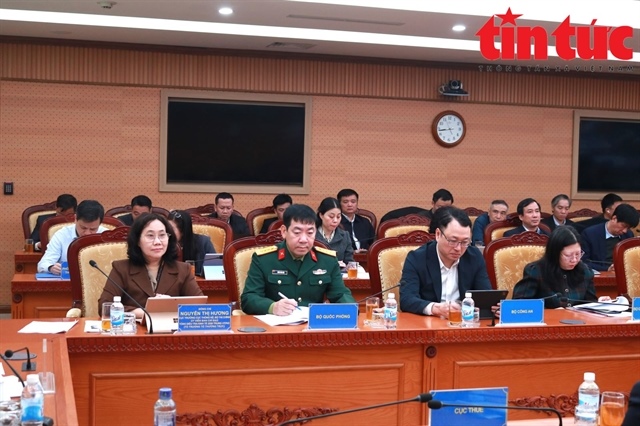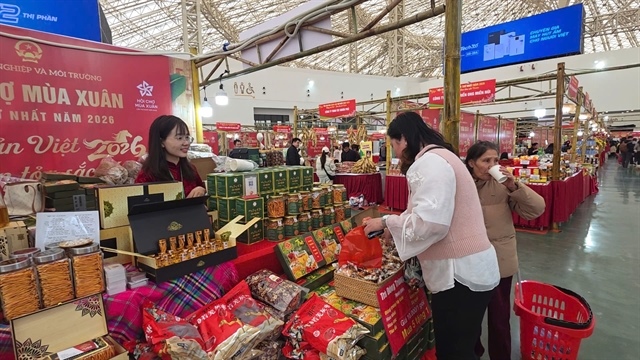Vietnam’s border-gate economic zones struggling to stay afloat
Vietnam’s border-gate economic zones struggling to stay afloat
Dozens of economic zones developed near Vietnam’s border gates, once bustling with visitors, are now becoming ‘ghost towns’ after the government abolished a tax exemption policy for goods sold in these areas.

Border-gate economic zones were once Vietnam’s hope for boosting socio-economic development in remote areas by channeling the energy of human activities associated with border gates and turning it into consumption power.
They were also the Southeast Asian country’s key to advancing its “multilateralism and diversification” policy in economic relations with neighboring countries that share its borderline.
To date, the nation has attracted over VND66 trillion (US$2.82 billion) in investment, both foreign and domestic, into its 26 border-gate economic zones, with plans to open four more by 2020, according to the Ministry of Planning and Investment.
During their early years, these zones enjoyed favorable policies including the exemption of taxes for goods sold at duty-free supermarkets located at the border.
This was successful in stimulating consumption at the economic zones, with some duty-free supermarkets reporting thousands of shoppers and more than VND1 billion ($42,700) in revenue a day during their prime.
However, things started to take a U-turn in 2014, when Vietnam’s finance ministry issued a circular stipulating that imported products in the non-tariff sections of the border-gate economic zones would be subject to taxes such as import tariffs, special consumption tax and value-added tax, depending on the product type.
The news came as a shock to local merchants, as it was only earlier that year that they were barred from selling duty-free alcohol, including wine and beer, following a government decision.
Visiting the Moc Bai Border Gate economic zone on an October day of 2018, your correspondents were greeted with a chilling sense of desertion as abandoned buildings and weather-worn decorations littered visitors’ sight.
Located in Tay Ninh Province, 70 kilometers south of Ho Chi Minh City, the 21,000-hectare economic zone was opened in October 1998 with a vision of turning into a trading hub full of investments.
Inside of it, a residential zone pning hundreds of hectares, once dubbed Tay Ninh’s ‘Sunrise City’, was inhabited by only a few residents despite having fully-developed amenities and transport infrastructure.
More than 90 percent of Moc Bai’s duty-free shops have shut down, while droves of office buildings are left to gather dust.
Suffering a similar fate, the Lao Bao Border Gate economic zone in the central province of Quang Tri is long past its prime in the 2008-2010 period, when up to 67 investment projects worth VND4.5 trillion ($192.53 million) were registered with the local government.
During that time, the zone was bustling with trade thanks to 550 enterprises and more than 3,000 household businesses, transforming the area into a tourist hub.
Today, Lao Bao has lost the charm of its past, as most shops have closed down and merchants have no choice but to abandon their business to avoid further losses.
“Since the abolition of tax exemption, every supermarket [at border-gate economic zones] has suffered from slow sales and persistent losses,” said Ung Van Thanh, who invested VND25 billion ($1.07 million) in two duty-free supermarkets at the Tinh Bien Border Gate in the southern province of An Giang.
“That’s not to mention the tremendous losses from unsold inventory,” he added.



















